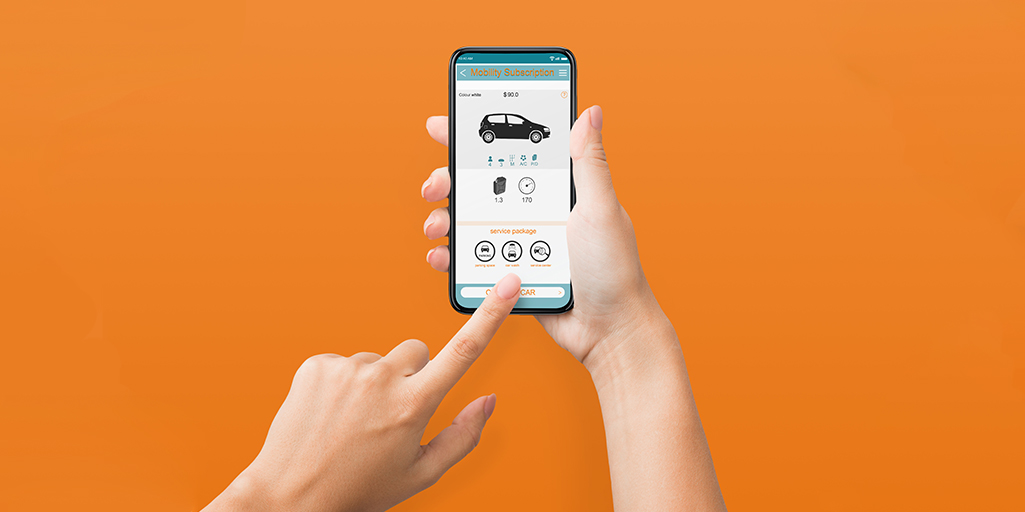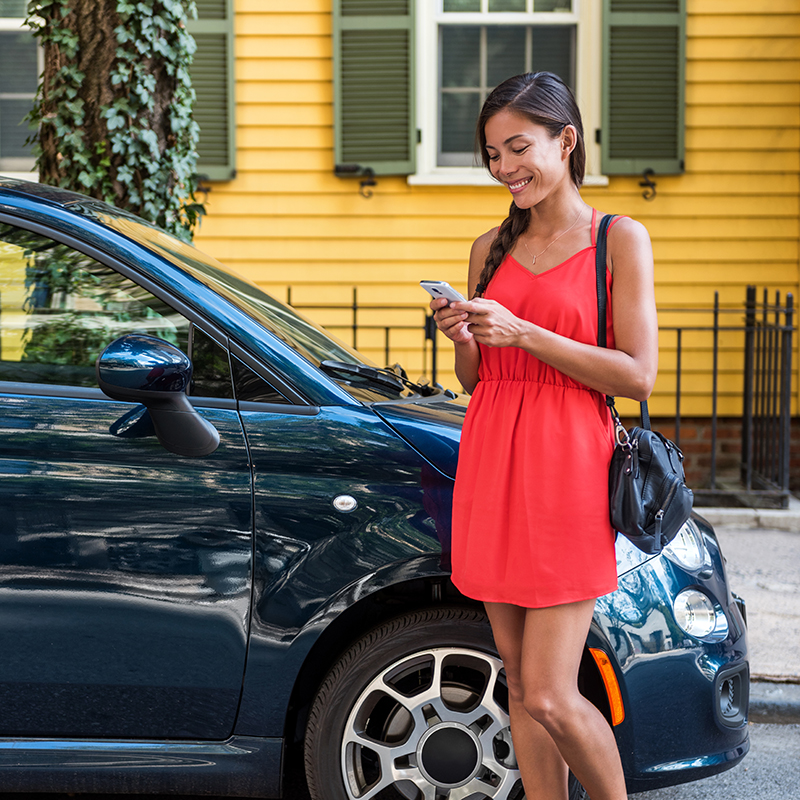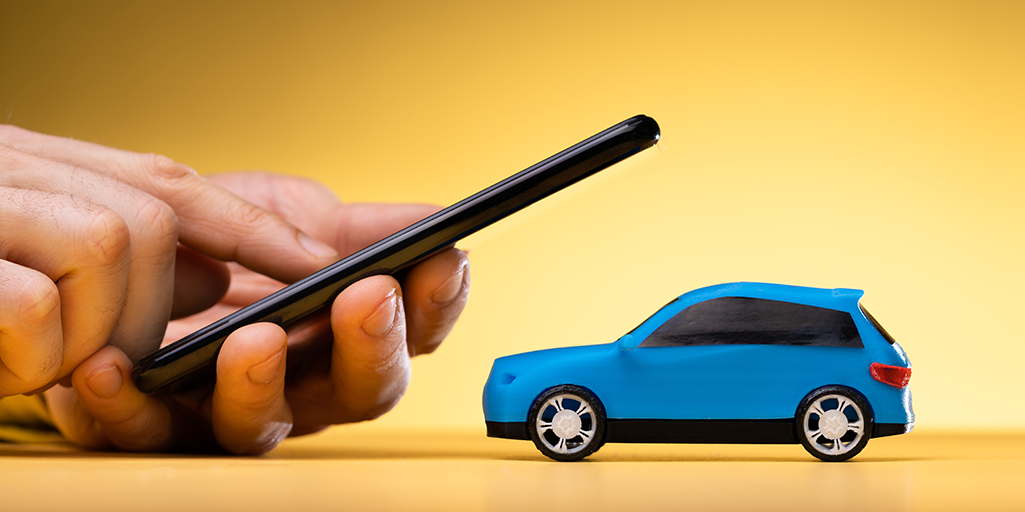Owning a vehicle is going out of fashion. According to experts, the future lies in carsharing and using vehicles by the hour, with a fee similar to that of music or movie platforms.

Let’s start with the obvious: everything has changed. From the great advances in medicine, the new rules of the world order or the progress in educational and food issues to the trifles of everyday life. We no longer interact in the same way as a few years ago, we do not learn in the same way and, of course, we do not move in the same way. Relationships have become virtual, the outside is sometimes reduced to a sequence shot between acts and even leisure activities such as watching a movie or listening to a record have changed into a choice from endless lists or catalogs and monthly subscriptions. This system can apply to cars.
Could a car Netflix be possible? There are experts who are convinced that it is the future. They talk about the current model being in decline. What had always been an aspiration, to buy a car and move freely, is now a nuisance: the new generations are beginning to think that hanging a set of car keys in the entrance hall is a symbol of annoyance rather than a dream come true. Because dreams no longer travel on a medium that requires maintenance, keeping an eye on it every day, taking it to the mechanic if necessary and, above all, having to pay a lot for something that we believe will last for a long time, but which we use less and less.
This is attested to by the figures for car sales, which have been declining for months, and the reduction in vehicles in the cities. Several factors play a part and not everything can be summed up in a changing mindset. There has been, to cite something minuscule, a pandemic that paralyzed world trade. And a war that has made production more expensive. And some obstacles in the maritime routes that have slowed down deliveries (even making it impossible to manufacture and distribute essential chips for cars). But, in addition, there are more local circumstances that accentuate this decision. The first thing is that new ways of moving around have proliferated, and short distances can now be covered on scooters and bicycles. And for long stretches, there is the rental car, the shared car, the trains that connect more and more places.

So the fact of having something registered in your name, with a monthly fee or even a garage to store it, is over. Michel Kisfaludi, commercial director of Europcar, points out this trend in several interviews: “There are fewer adults who own a car. There has been a big change in vehicle ownership after the pandemic and, although teleworking does not play such a big role as it might seem at first, the costs of maintaining a vehicle and the possibility of saving on travel have been the reasons.”
One of the alternative methods to purchase, says the expert, is the subscription. This allows you to rent a car for a few months, in a similar way to what we do with streaming platforms like Netflix. “We are going down that path,” agrees Francisco Casas, founding partner of Emovili. The sustainable mobility expert speaks of a paradigm shift. As has happened in other areas of our existence, cars are not seen as a lasting object. Their use is reduced to certain moments and perhaps we prefer not to ‘mortgage’ our whole lives with a car. Not only due to lack of savings, but also because of (as we already said) the passing of time: you may not stay in that job you go to every morning, you might stop renting the home you are living in, the job or personal opportunity you are looking for may be in another part of the world…
Therefore, subscriptions are on the rise. And their use is similar to other applications: they are paid monthly, according to rates that depend mainly on the type of car or the use that you are going to give it. The driver can unsubscribe at any time, with the specific conditions set by each company and, in return, the user can drive the vehicle with a series of benefits: maintenance, repairs and MOT are included. Generally, the monthly fee is paid without a down payment, additional expenses or a final fee (except for expenses such as fuel, tolls and fines).


It could be confused with the current ‘renting’ or ‘leasing’ systems, but there are a couple of differences: it cannot be associated with a business activity and, unlike other services, it does not require a contract lasting for years: it can be as short as a few months. The rates, as a general rule, are around 320 euros per month and include a maximum of 1,000 to 1,500 kilometers per month, although each company sets its own conditions.
“There will be very different cars than the ones we see today. And although there will continue to be sports cars and those that arouse passions, regular mobility will eventually change. It will happen first in big cities, where the idea of owning a car, which requires parking and maintenance to sit idle most of the time, is already starting to seem incongruous,” said David Green, Volvo’s former head of development for the connected car. and current CDO of the startup Lynk & Co, in the Spanish edition of Business Insider.
Over the past three years, he noted, there has been “a sudden boost in ownership models and in connectivity and connected services.” At the same time, Green added, “the electric car is beginning to gain consumer interest and autonomous driving is beginning to be a realistic prospect.” “Humanity has had a love affair with the automobile for a century, so it’s easy to get caught up in horsepower, paint, and motor shows,” the professional mused, “but in the everyday world, what most people really want is sustainable mobility on demand, in a cost-effective and effortless way.”

“That is the mission we are on: changing mobility. To do this, we will first improve the experience of access to sustainable mobility on demand, through subscriptions and new ownership models, where maintenance is a cost for us and not a concern for the client,” said Green, aware of the changes that the simple natural functioning of the universe entails. An evolution that perhaps leads us to choose, from an interactive catalog, the movie we want to watch at night and the car we want to drive for the next few days.